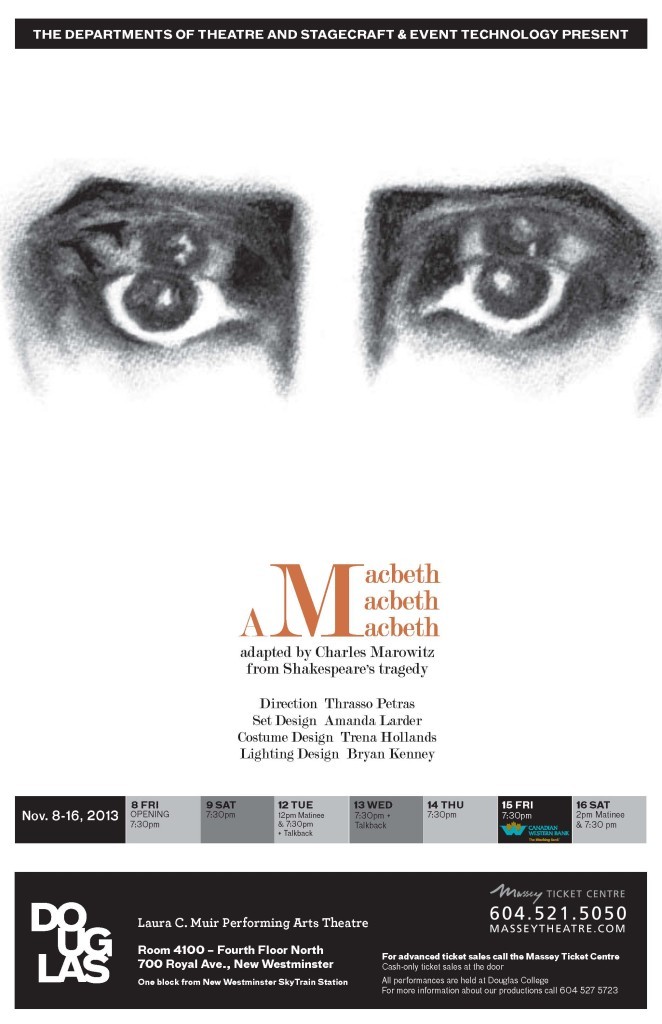
Artists discuss their latest exhibits
By Cheryl Minns, Columnist
This month, the Amelia Douglas Gallery will feature two talks by the artists behind the gallery’s latest exhibits. The talks will explore the artists’ inspiration for the works and passion for the craft, featuring guided tours and Q&A sessions.
Louise A. DeGagné and Gregg Steffensen’s mixed media exhibit this part remains with me presents visitors with a series of mixed media artwork that explores the concept of the constant feelings that remain with people throughout their lives.
“We felt inspired to explore this visually, not only as a cathartic measure, but an inspiration to the viewer to contemplate and wonder why do these ‘parts’ remain to inform us? Do they help render who we are?” they wrote in their artists’ statement in the exhibit catalogue.
DeGagné and Steffensen will be speaking about their works and practices in the Amelia Douglas Gallery at 10 a.m. on September 9.
The gallery’s next exhibit will be Stefanie Denz’s The End of the Affair: Re-Imagined Roles and 20th-Century Cinema, which opens on September 15. Her works will include paintings inspired by movie stills from 1960’s and 1970’s films, as well as personal paintings inspired by her own life.
Her cinematic explorations art features images from Zorba the Greek, MASH, Saturday Night Fever, various Federico Fellini films, and Rainer Werner Fassbinder’s films.
“What attracted me to these movies is that they look at how attitudes were shifting around male/female relationships. Zorba the Greek was one of the first ones I did over 10 years ago,” she said, noting the gender inequality that appears as commonplace in the film.
“After Zorba the Greek, I was looking at the Fellini films. He has a lot of female characters and they’re all very gorgeous and glamourous, but they also have a desperate quality to them, like they know it’s just because of their looks and their age that they’re getting some attention. It’s clear to them what their role is in high society,” she said. Her Fellini works are a series of movie screens on panelling with raised pieces.
The next film she moved onto was Robert Altman’s MASH, where the male/female relationship changed yet again with co-ed medical barracks in the Korean War.
“I wanted to do MASH the TV series because you can see the shift in attitudes during its seven-year run. You start off with Hot Lips as this denigrated character, but by the end it’s okay to be a divorcee and she’s much more celebrated. However, the stills were not that great and visually it wasn’t that exciting. That’s why I reverted to Robert Altman’s. In the movie, you get a sense of the women and how they’re seen more as individuals,” she said.
“I just look for stills that attract my attention. I often don’t really know why, but then afterwards it kind of unfolds,” she said. “I find that when you take an image that you’ve maybe seen from film and you translate it in your mind and then it comes out again and you’re using a different material, different things can come out just through that process of translation.”
Denz will be speaking about her works and practices in the Amelia Douglas Gallery at 10 a.m. on September 16.

